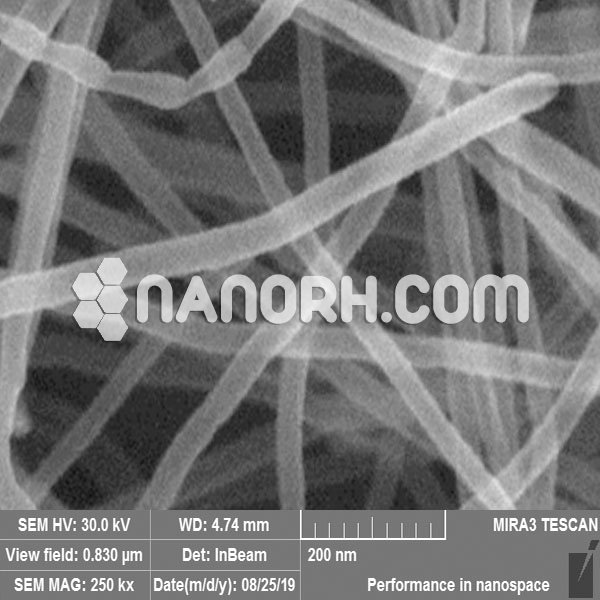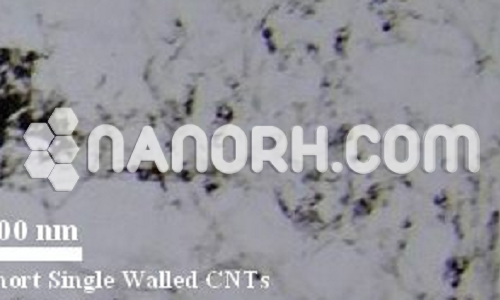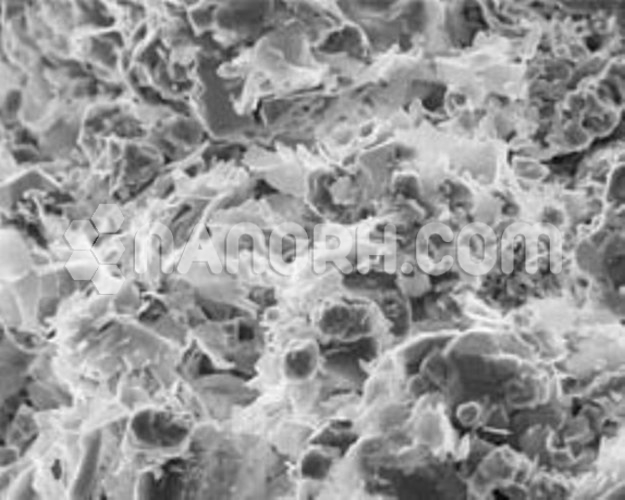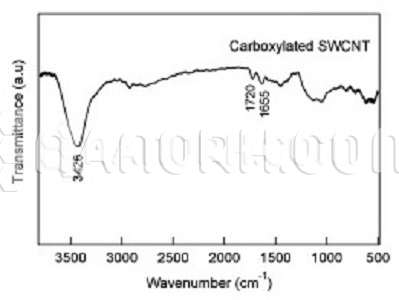| Short MWCNTs | |
| Product No | NRE-35009 |
| CAS No. | NA |
| Purity | Carbon nanotubes > 95wt% |
| Average Diameter | 50-80nm |
| Average Length | 0.5-2 um (TEM) |
| Special Surface Area(SSA) | >40m2/g(BET) |
| Tap Density | 0.18g/cm3 |
| True Density | 2.1g/cm3 |
| Electric Conductivity | > 100 S/cm |
Short MWCNTs
Applications
Short CNTs are versatile nanomaterials that offer significant advantages in various fields due to their high surface area, strength, conductivity, and ability to be easily dispersed. Unlike long MWCNTs, short MWCNTs have better dispersion properties and a higher surface-area-to-volume ratio, making them particularly valuable in several advanced applications. Below are some of the primary applications of short MWCNTs:
Nanocomposites and Polymer Reinforcement
Short MWCNTs are extensively used as reinforcements in nanocomposite materials. Their high surface area and excellent mechanical properties improve the strength, flexibility, and thermal conductivity of polymers, metals, and ceramics.
Polymer Nanocomposites: Short MWCNTs are incorporated into polymer matrices (e.g., polyethylene, epoxy, polystyrene) to create stronger, lightweight, and more durable materials. The nanotubes act as reinforcements, enhancing the mechanical properties like tensile strength, impact resistance, and flexural modulus.
Energy Storage
Short MWCNTs are ideal for improving the performance of energy storage devices due to their high conductivity, large surface area, and structural properties.
Supercapacitors: Short MWCNTs are used in electrode materials for supercapacitors, where they provide high electrochemical performance, including high charge/discharge rates, long cycle life, and enhanced energy density. Their increased surface area allows for more efficient charge storage.
Batteries: In lithium-ion batteries and sodium-ion batteries, enhance the conductivity of electrodes, resulting in improved charge/discharge efficiency and longer battery life.
Fuel Cells: In fuel cells, serve as catalyst supports for platinum or other metal catalysts, improving the efficiency of the electrochemical reactions involved in energy conversion.




